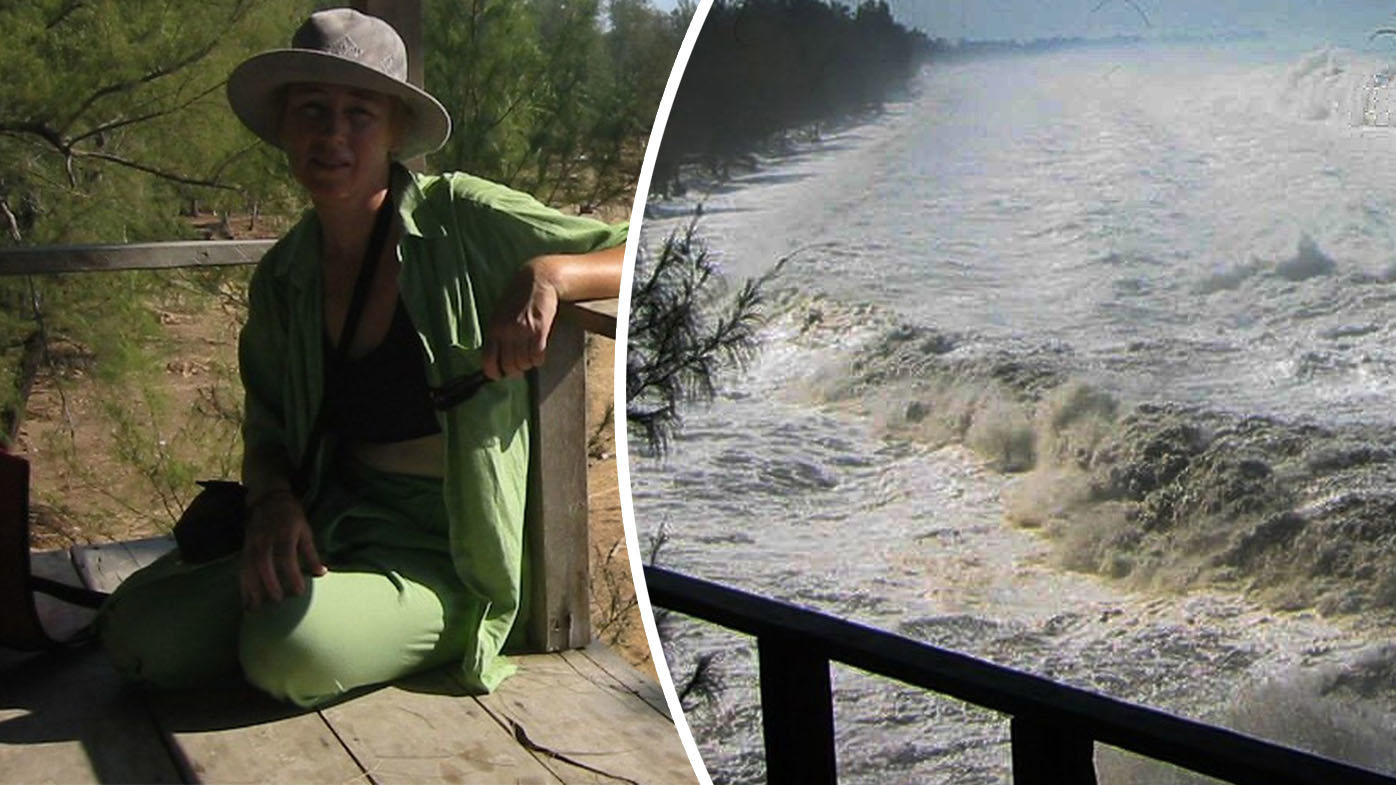
Kimina Lyall noticed a wave breaking on the horizon. She didn't know it but her life was about to change.
Exclusive: Australian journalist Kimina Lyall worked a demanding job as a South-East Asian correspondent in Thailand and found an escape on the tiny island of Ko Phra Thong, the "Golden Buddha Island".
It was a relatively normal morning for her on December 26, 2004.
The then-38-year-old had filed an article and was at a resort meeting with her partner when a loud sound blasted around them.
READ MORE: Prayers and tears mark 20 years since the Indian Ocean tsunami that killed some 230,000 people
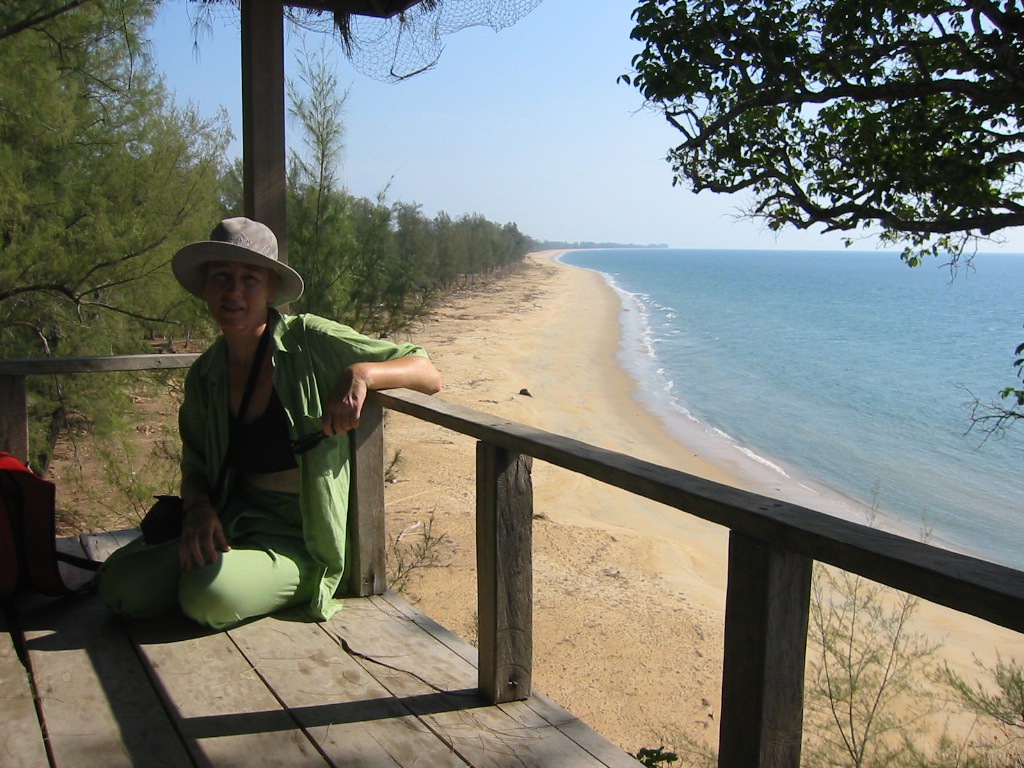
"I thought it was a plane crash, a plane had crashed into the water," she told 9news.com.au.
"We ran up to the beach and then there was this really big wave that had come all the way to the top of the beach and then just sort of washed out."
They laughed it off but Lyall's gaze went to the horizon, where another wave was breaking.
"We just all watched it get closer and closer and closer and most people were transfixed," she said.
"There was one person who had lived in Japan and she knew what it was. She was running up and down the beach yelling 'run, run, run, everybody run'."
What was quietly approaching was one of several tsunamis caused by the 9.1 magnitude earthquake that struck off the coast of northern Sumatra, Indonesia.
Lyall's gut instinct took her to the top of a hill.
As she was scrambling up, the tsunami hit the shore and tore through the island, destroying her home.
A total of 94 people on Ko Phra Thong were killed, including about 13 out of about 100 people on Lyall's side of the island.
"For me, the impact was also needing to go and cover the story, the biggest story of my life and I couldn't get off the island because there were no boats," she said.
"It took me a day to get off the island and then a lot of news pressure to go and find stories and file them."
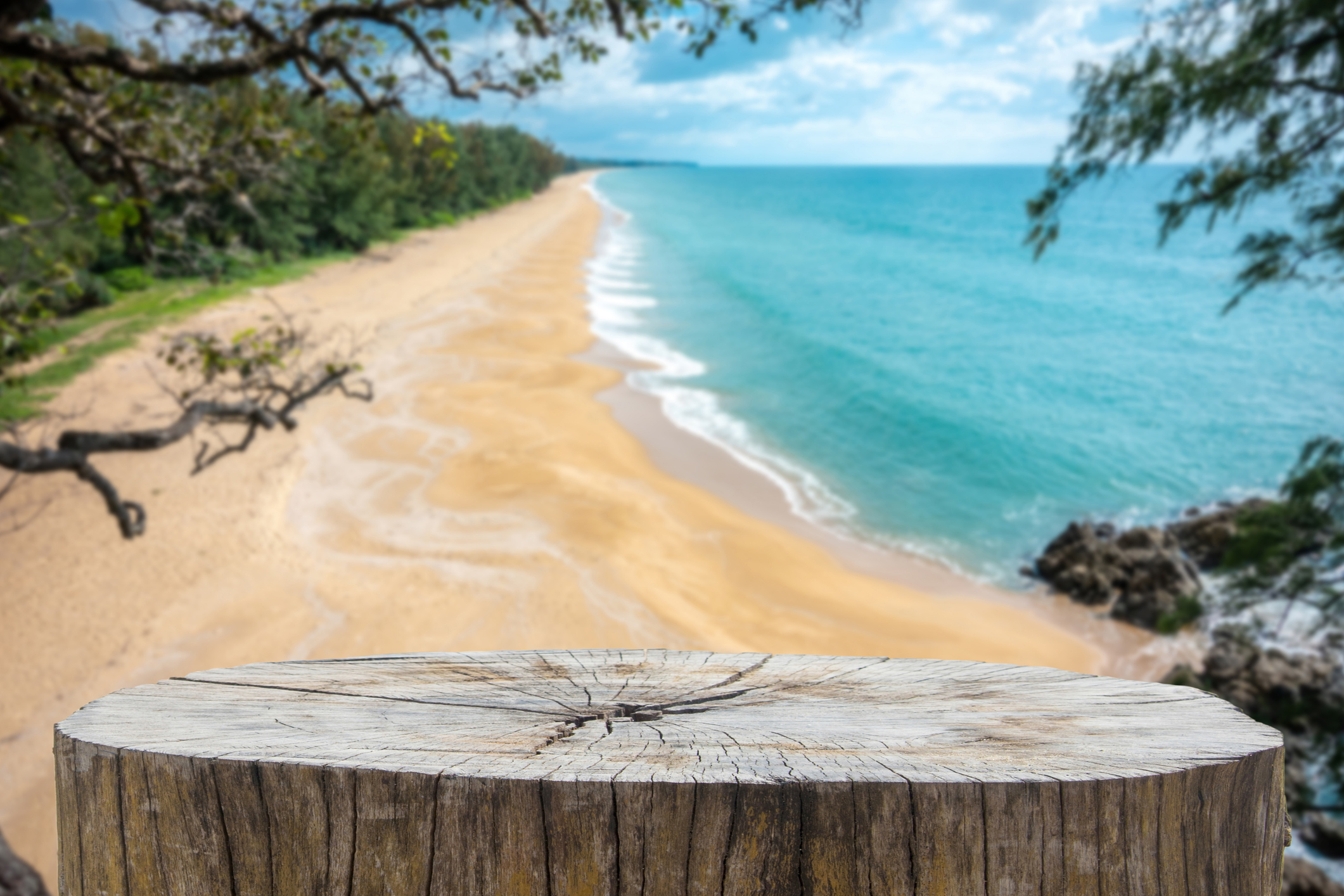
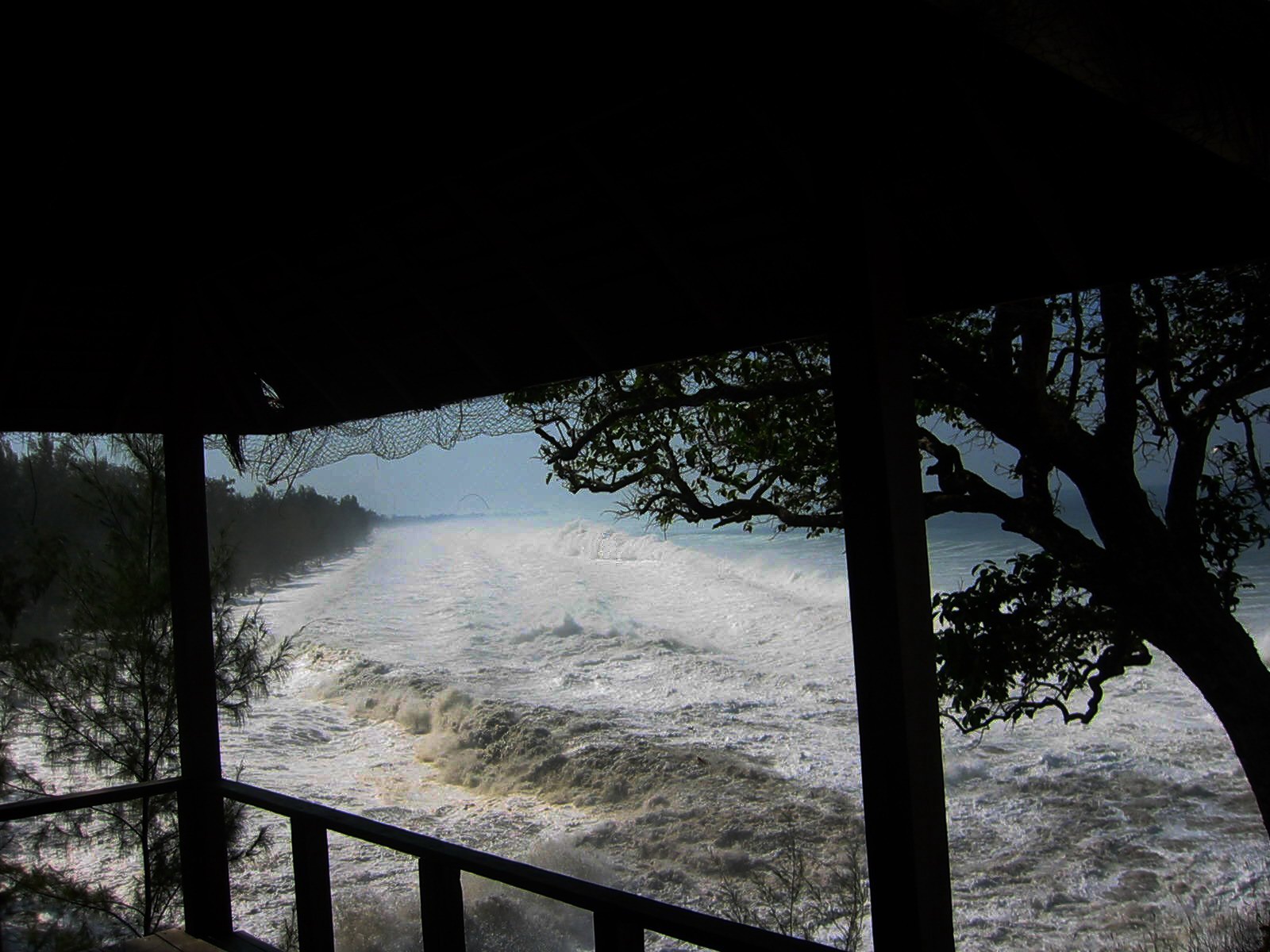
In the end, almost 230,000 people were killed across several countries by the Boxing Day tsunami, which remains the worst natural disaster of its kind in history.
Lyall was eventually called back to Australia but she found it difficult to return.
In Thailand, everyone had a shared understanding of what had happened and had been impacted in some way or another.
But in Australia, people had moved on.
Lyall's relationship with her partner broke down, she was diagnosed with PTSD and she was forced to quit her job as a journalist.
"I couldn't cover a story like that again and I didn't want to," she said.
"I was running around chasing terrorists and world leaders and now I'm at some stupid press conference about a road being built or something so I felt very disillusioned for a long time."
Lyall went back to university and retrained as a psychologist.
"It's the same as journalism, only one is really confidential and the other is really not. But it's just meeting people and learning their stories," she said.
READ MORE: A prisoner woke expecting to be executed. Instead they set him free
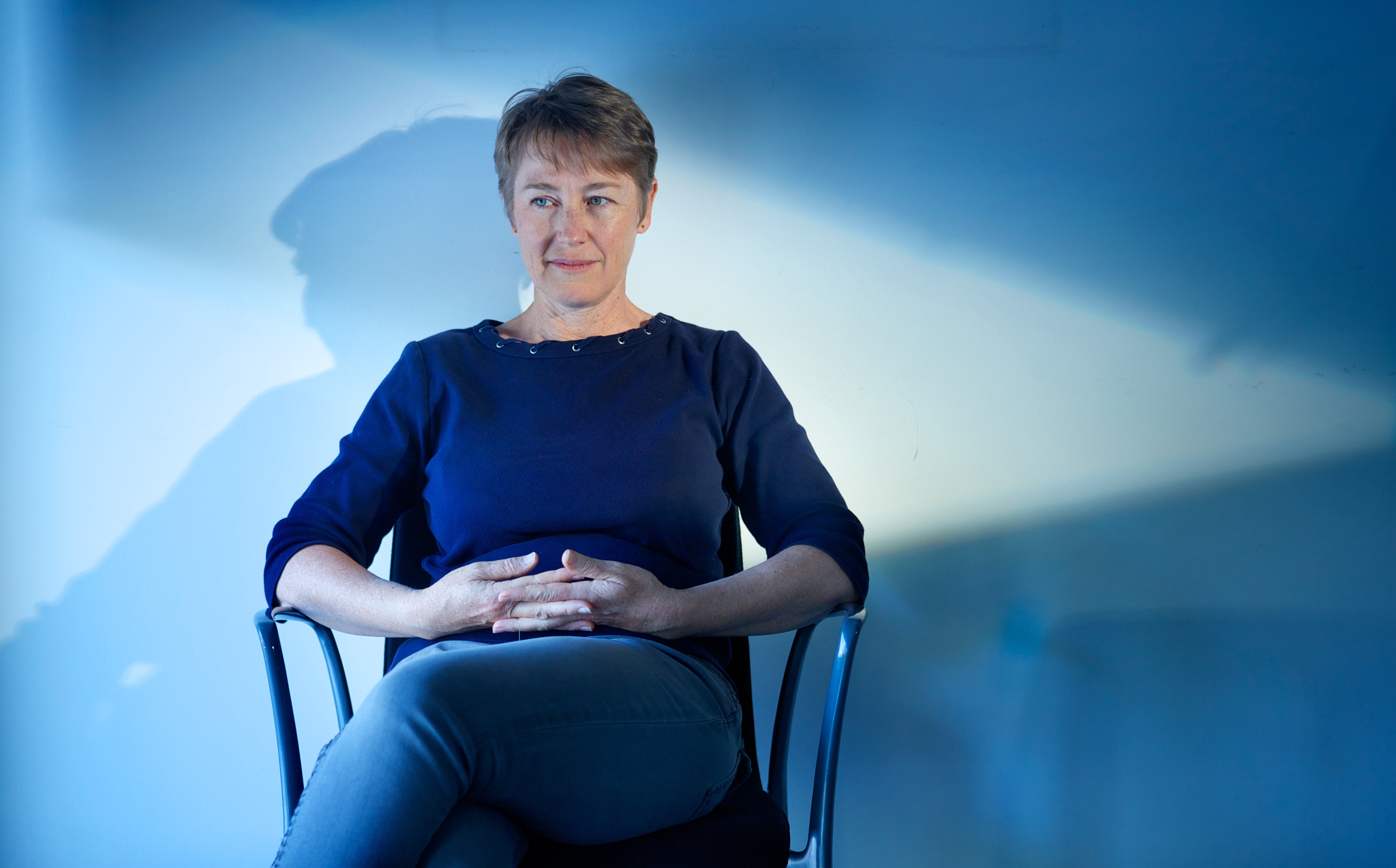
She also joined the Dart Centre for Journalism and Trauma as deputy chief executive and worked to train journalists in trauma-safe reporting and support journalists exposed to trauma.
She's been returning to Thailand ever since and spent time there writing her book, Out of the Blue: Facing the Tsunami, detailing her experience.
"It's one of those things where... it's part of your life. It's part of your story," she said.
Ahead of yesterday's 20th anniversary, Lyall didn't think she would be any more affected by it than she would any other day.
But she was surprised to find the event was very much alive for her.
READ MORE:
"Three or four weeks ago, I just started getting quite upset about it. I really feel like this 20-year one, for some reason, has hit me harder than any of the other ones," she said.
"I'm sort of surprising even me, just really aware of, thinking a lot about the people who died, and not just people I know, but people who I don't know.
"The 230,000 people, they're gone and barely thought about except for their closest people."
Lyall has been able to figure out and adjust to her new life and said she hasn't let the tsunami define her too much.
"Everyone has a tsunami," she said.
"At some point in everyone's life, there's something that's so dramatic, usually traumatic, that's life-changing."
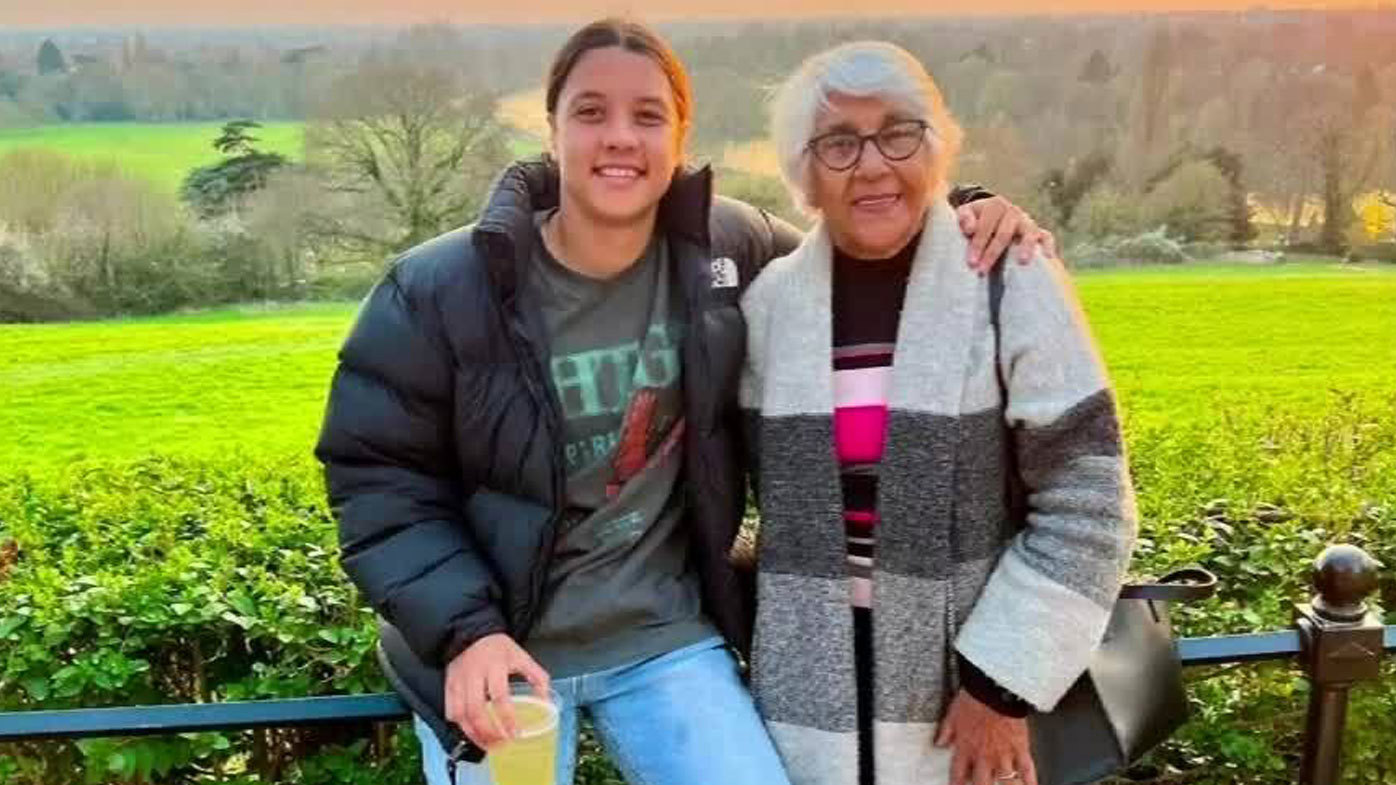 Driver charged after allegedly hitting Sam Kerr's grandmother in crash
Driver charged after allegedly hitting Sam Kerr's grandmother in crash
 Critical incident declared after attempted carjacker dies following arrest
Critical incident declared after attempted carjacker dies following arrest
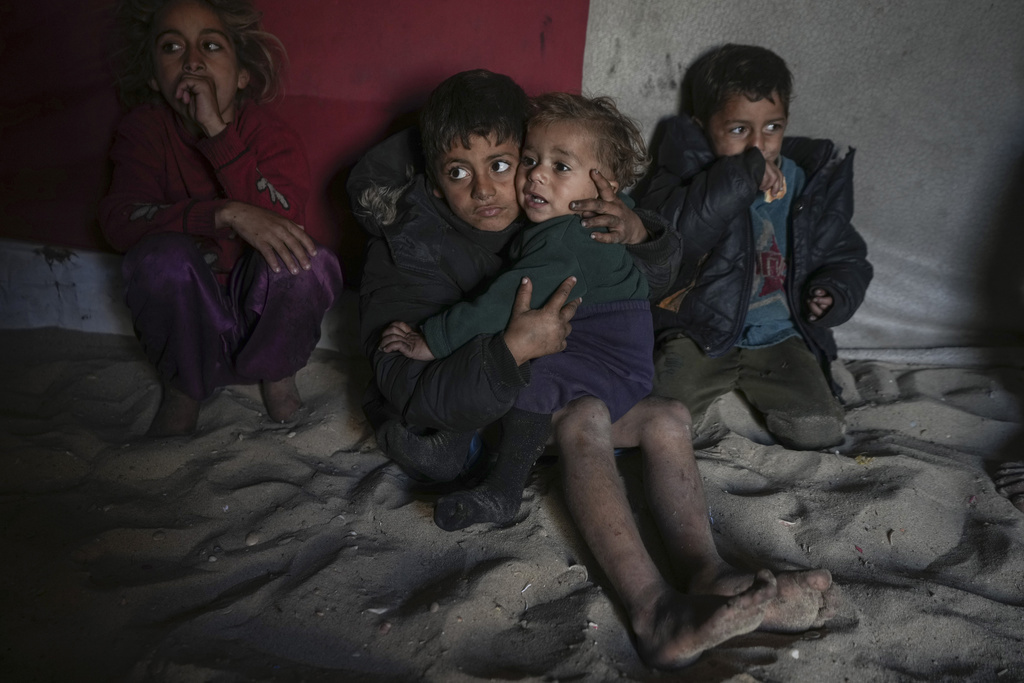 Israeli troops forcibly remove staff and patients from northern Gaza hospital
Israeli troops forcibly remove staff and patients from northern Gaza hospital
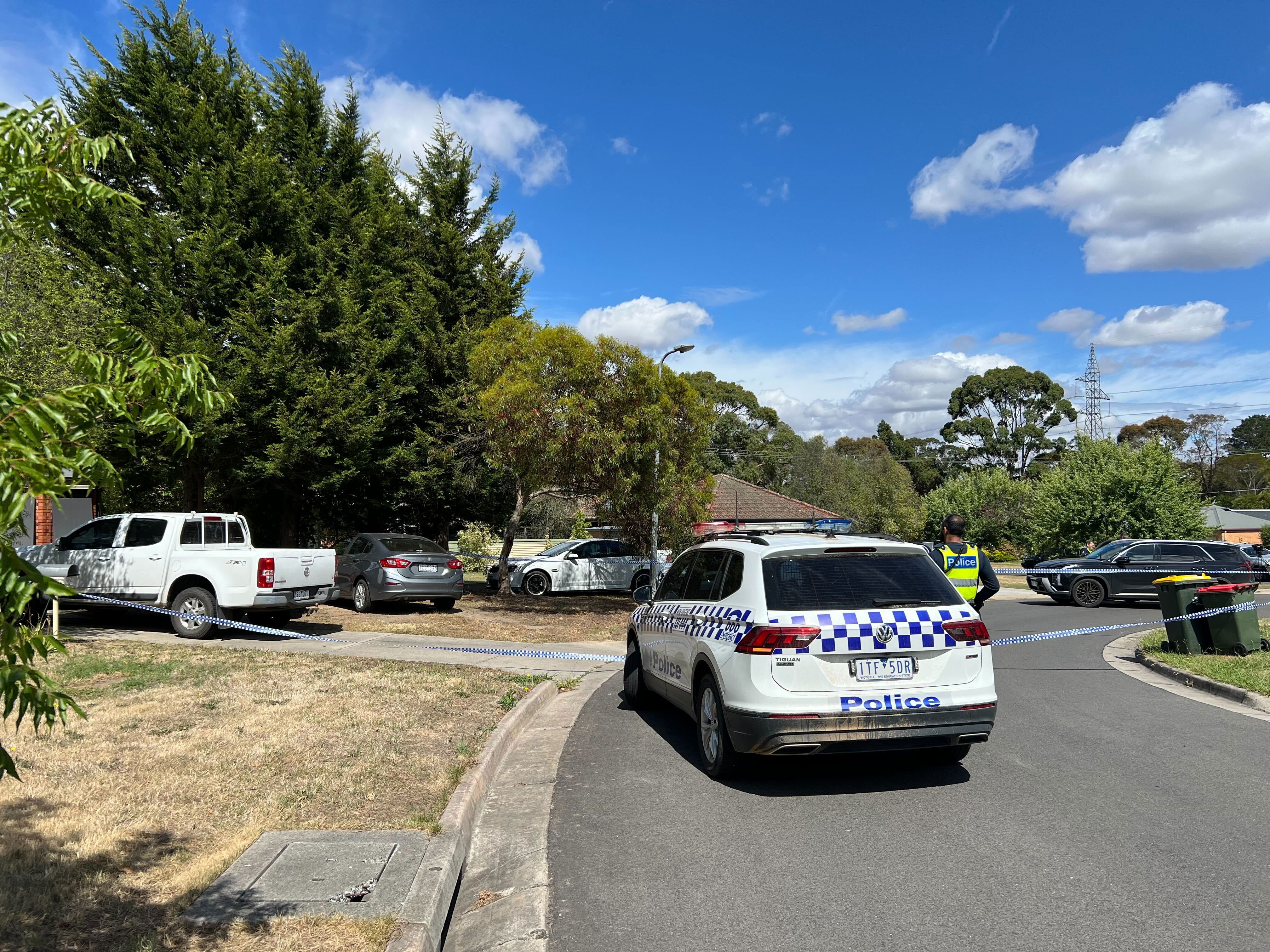 Woman arrested after man found stabbed to death in Victorian home
Woman arrested after man found stabbed to death in Victorian home
 Road train driver charged after allegedly smashing through posts, parked cars
Road train driver charged after allegedly smashing through posts, parked cars
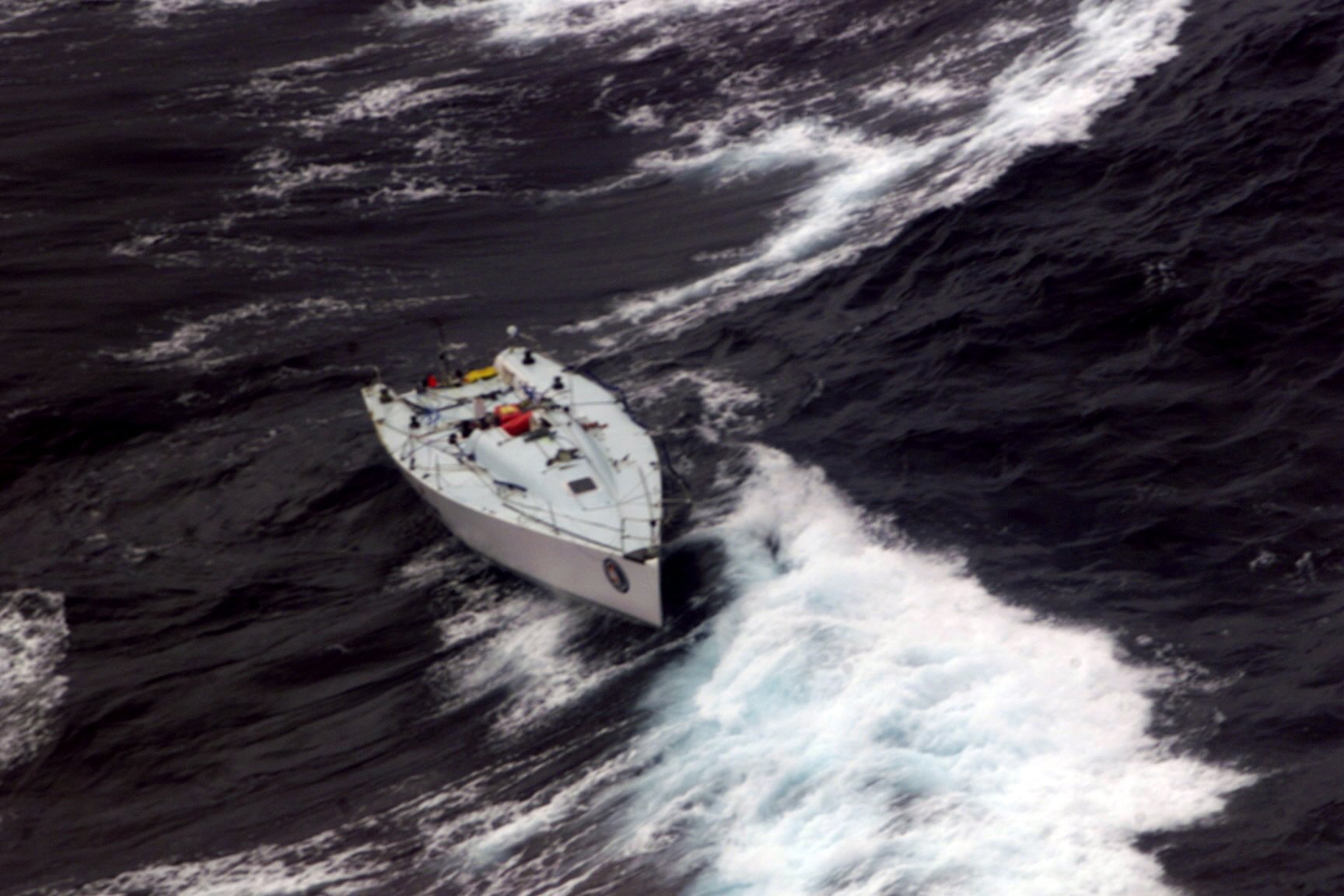 Yacht race's deadliest day capped decades of casualties - until now
Yacht race's deadliest day capped decades of casualties - until now
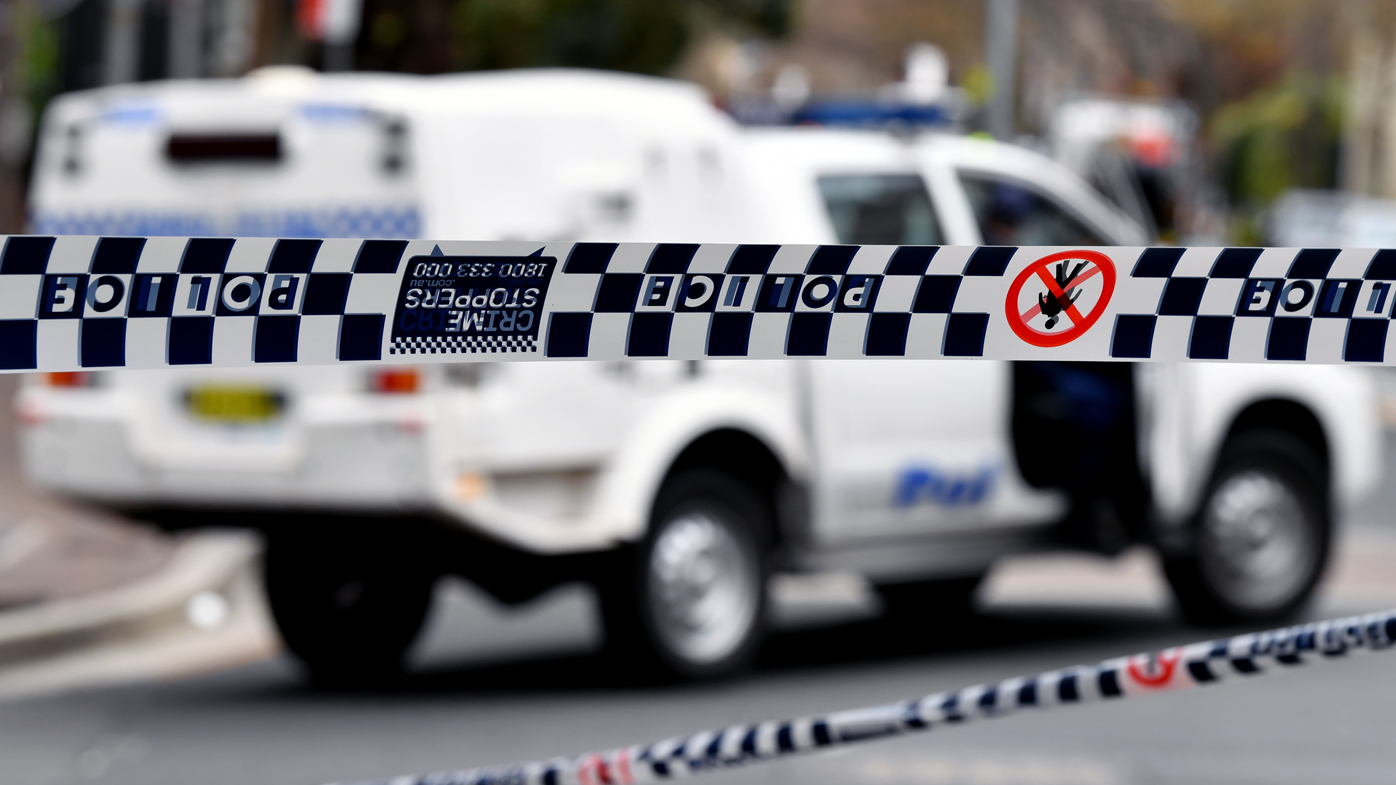 Woman charged after allegedly throwing knife at man
Woman charged after allegedly throwing knife at man
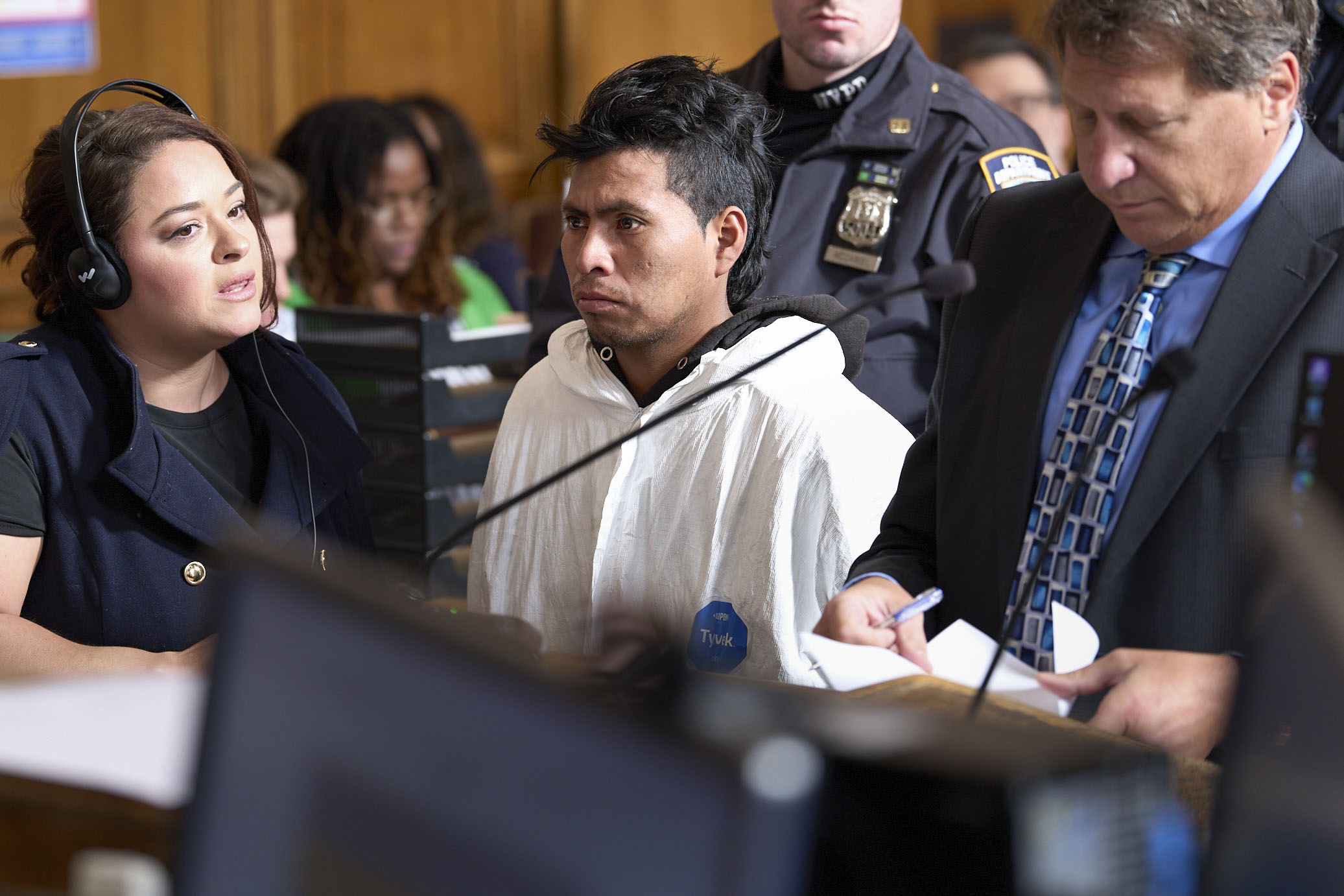 Man indicted in burning death of woman inside a New York City subway train
Man indicted in burning death of woman inside a New York City subway train
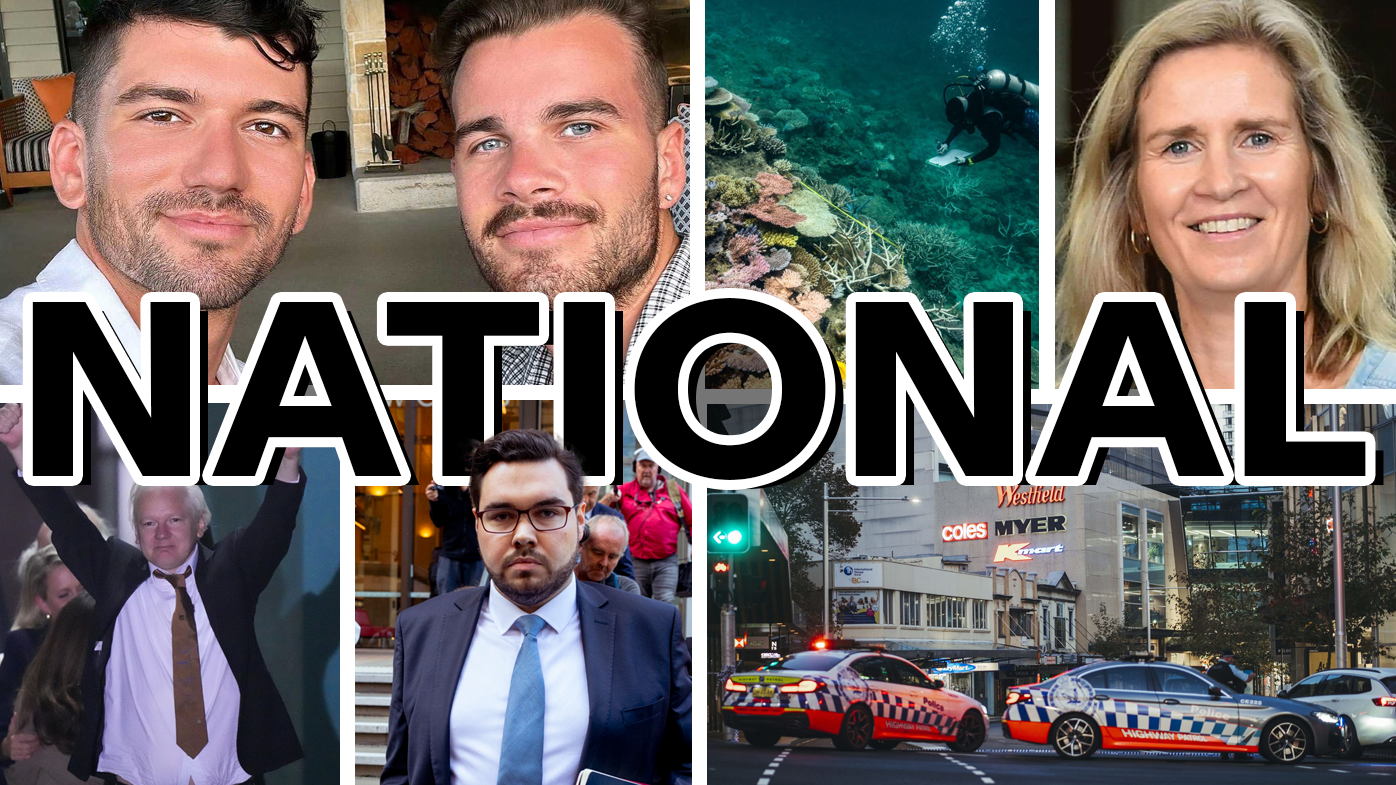 The biggest Australian news stories of the year
The biggest Australian news stories of the year
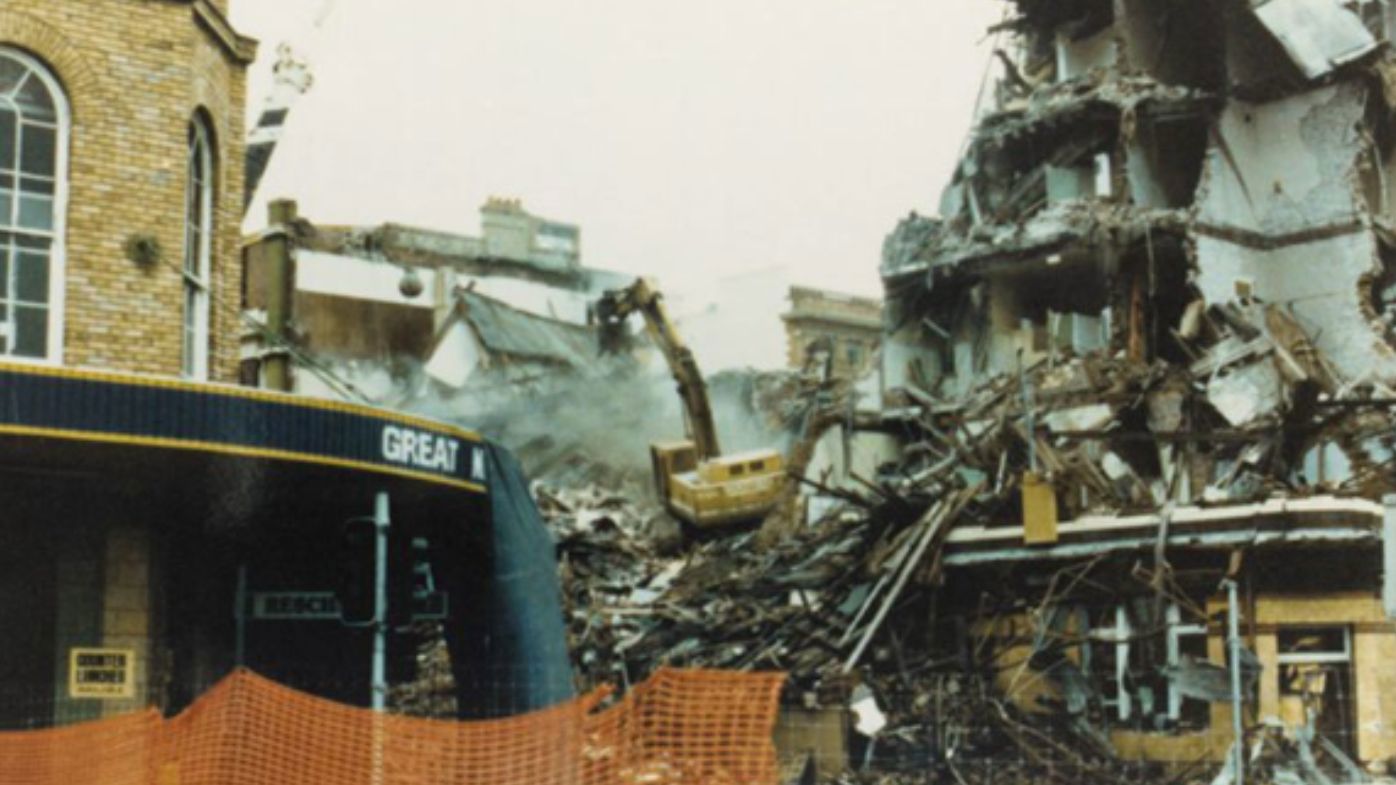 35 years after deadly earthquake hit Aussie city, it risks a future one
35 years after deadly earthquake hit Aussie city, it risks a future one
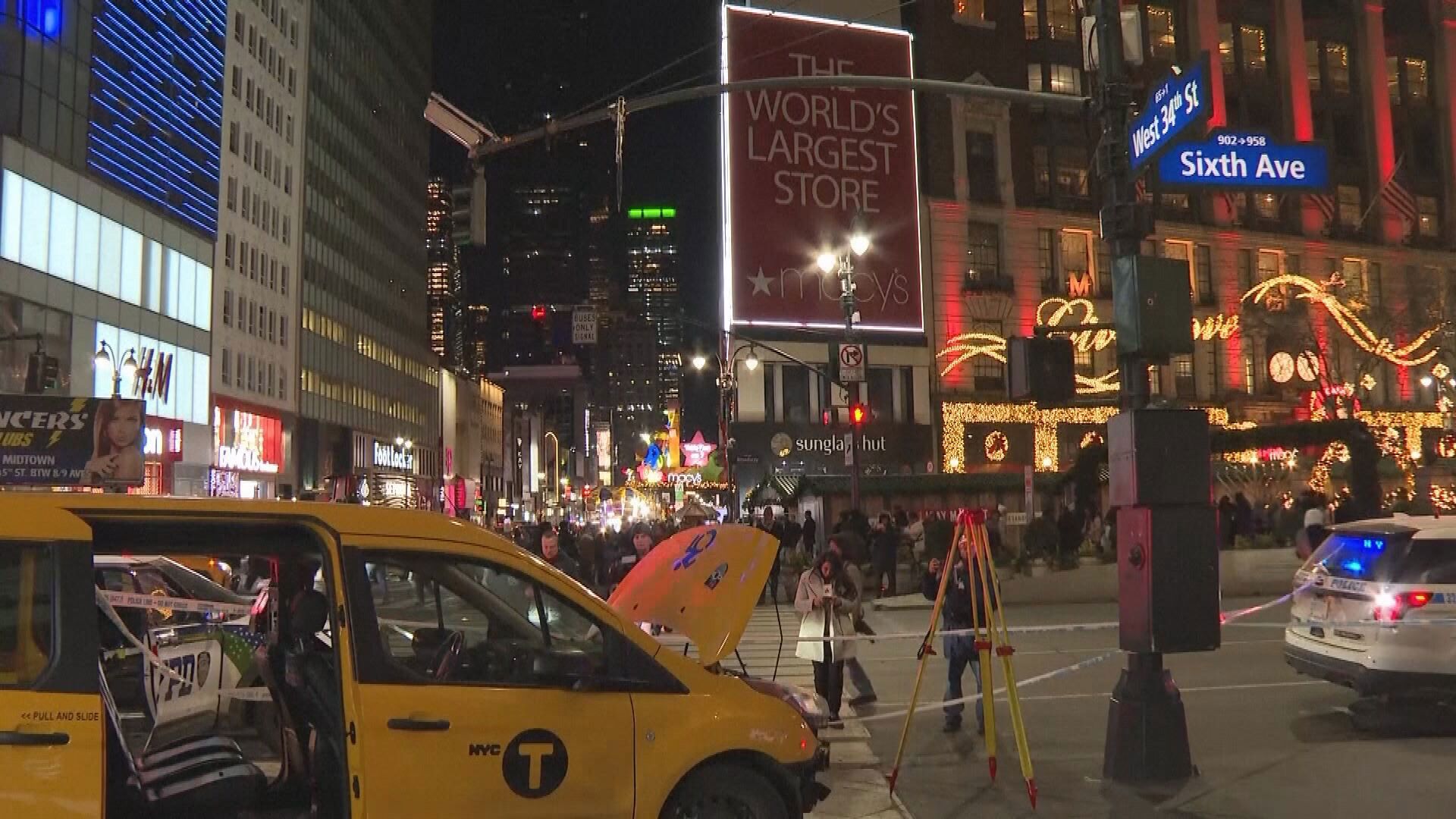 Australian boy undergoes surgery after taxi veers into pedestrians in New York
Australian boy undergoes surgery after taxi veers into pedestrians in New York
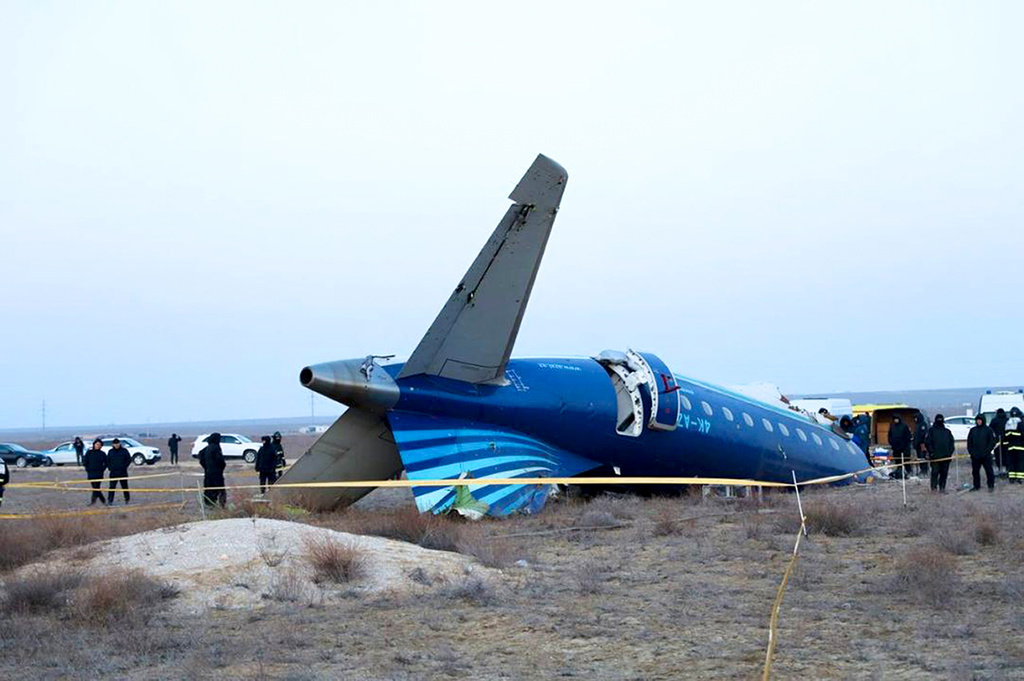 What we know about the plane crash in Kazakhstan as Russian defence system blamed
What we know about the plane crash in Kazakhstan as Russian defence system blamed
 Millions in store for 'hot, humid and rainy' New Years Eve
Millions in store for 'hot, humid and rainy' New Years Eve
 Restaurant roof collapses on busy street in freak storm
Restaurant roof collapses on busy street in freak storm
 These were Australia's lottery winning hotspots this year
These were Australia's lottery winning hotspots this year
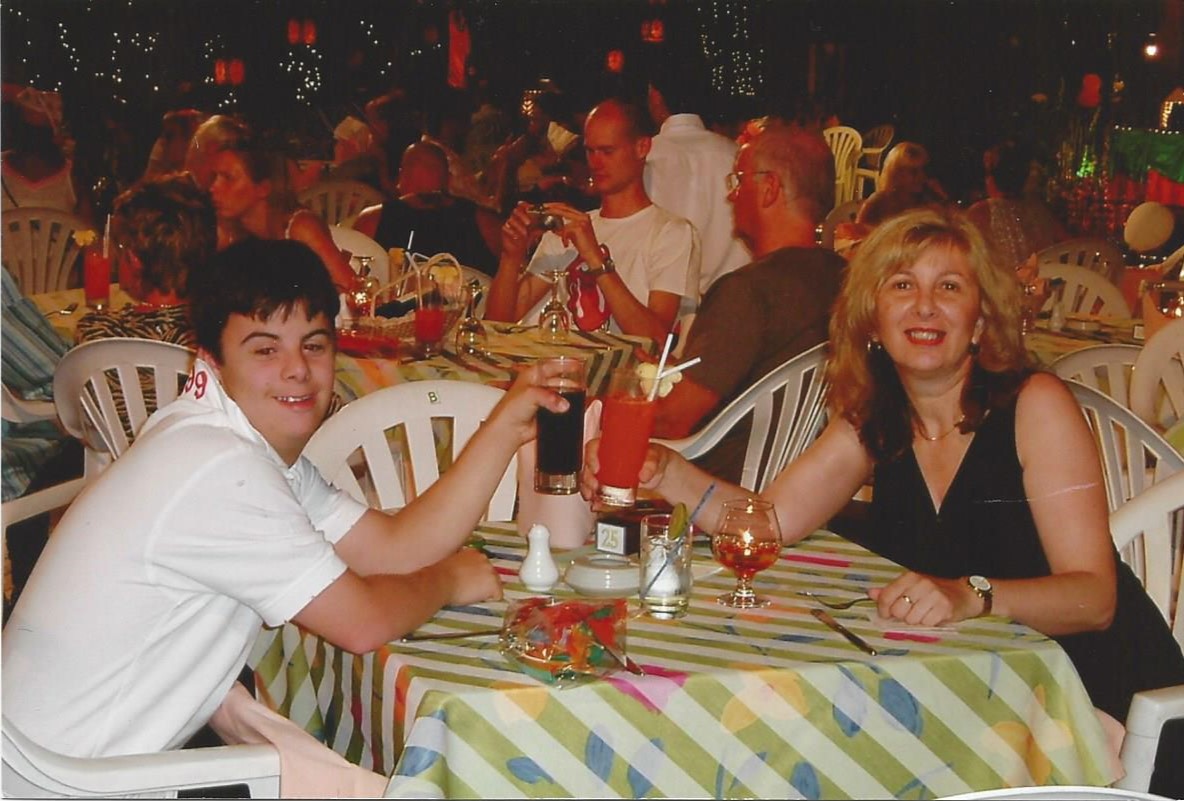 Joe lost his 'joyful' son in the 2004 tsunami. Then he fought for victims
Joe lost his 'joyful' son in the 2004 tsunami. Then he fought for victims
 Which supermarket items have gone up in price the most
Which supermarket items have gone up in price the most
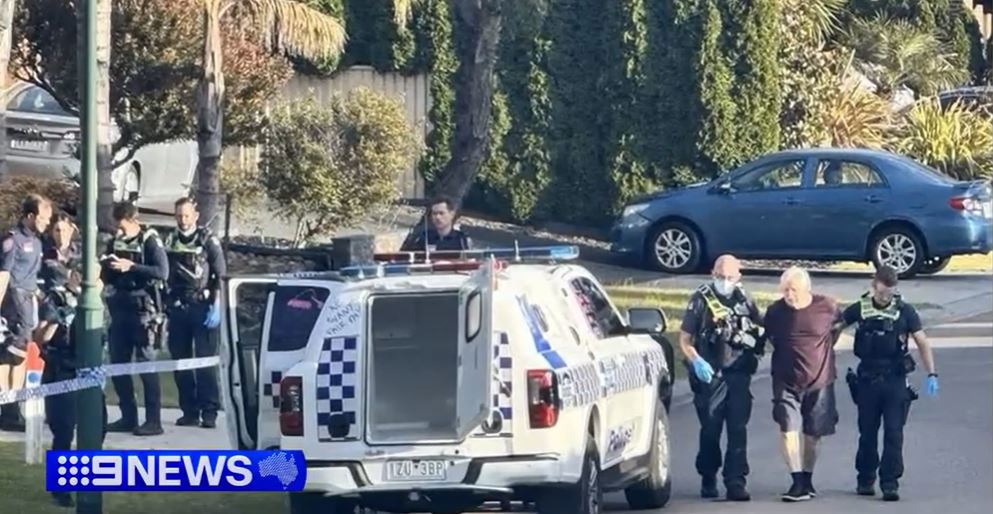 Melbourne man charged with wife's alleged murder
Melbourne man charged with wife's alleged murder






